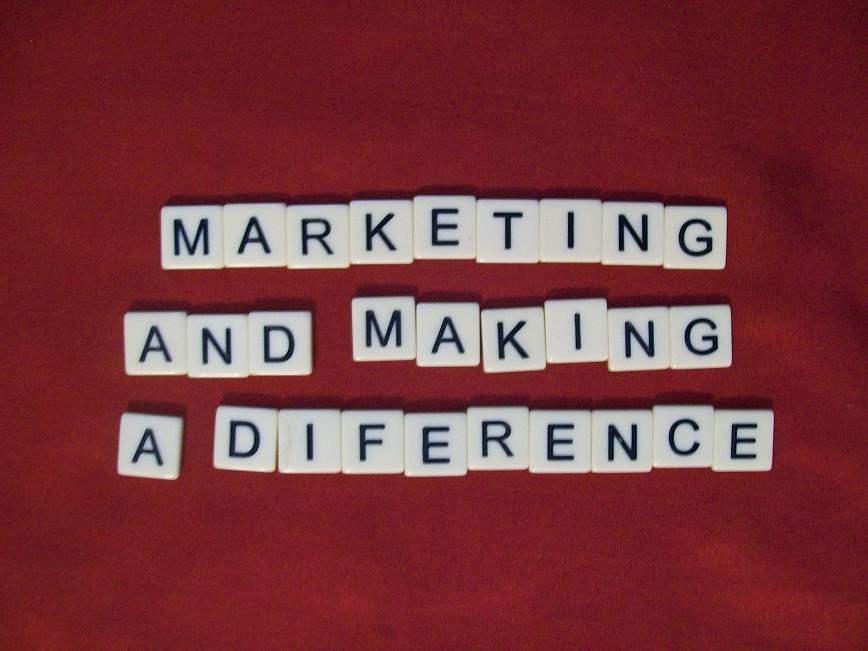I hope my wife doesn’t read this article. She will not be happy. Let me explain…
My 4th child was born yesterday afternoon. He’s as handsome as can be, by the way.
I’m just getting home from a hospital stay that lasted nearly 30 hours. It’s a long story; I’ll spare you the details. Everything worked out well. Mama and baby boy are both in fantastic condition.
Here’s the problem. If my wife finds out I spent even one second thinking about work rather than being focused on what was going on in that hospital room, I’ll probably be needing a doctor myself.
After I got home (because I seriously was not thinking about marketing until after I left the hospital), I thought about 6 dynamics that had big impacts on me throughout the experience. If you apply them to your business, I promise you’ll be impacted, too.
Let’s get into it:
1) Use of technical language/jargon
Have you ever been to visit the doctor, and experienced the confusion that comes from trying to understand what in the world they are talking about? If they aren’t careful, they start using acronyms you can’t decipher and terminology you’ve never heard of. This is especially bad when they answer your questions in that manner. Most of us patients get lost in all those big words.
This occurs in just about every field. Professionals can often use technical terms and industry-specific language that is completely unintelligible to regular folks. Confused people do not make the best customers.
Communicate in ways that the people who want to hand you their money can understand. It may take conscious effort to form the habit, but you will not regret it. And your clients/customers/patients will thank you.
2) One overriding purpose
At least in the case of my son’s delivery, we were at the hospital for only one reason: to bring him safely into the outside world. Everything that the doctors and nurses did worked toward achieving this goal. Nothing else mattered.
In business, the same principle is true. You have to determine what your purpose is. What is it that you have to offer? Get that one thing right and focus your energy on killing it in that area, and you will be surprised at the results.
P.T. Barnum said, “A constant hammering on one nail will generally drive it home at last, so that it can be clinched. When a man’s undivided attention is centered on one object, his mind will constantly be suggesting improvements of value, which would escape him if his brain was occupied by a dozen different subjects at once.”
Let me clear one thing up: this doesn’t mean only offer one product or service. It means get down to the singular purpose of your business’ existence, and build your efforts on that foundation. You should probably be able to find your business’ purpose in your business plan, if you have one.
3) Exclusivity
This is an extension of the 2nd point. It’s pretty simple. Once you determine exactly what your business’ purpose is, you will have to begin cutting things off. Exclude anything that takes away from your strides to reach your specific, clearly-defined goals.
4) Doing great work really matters
This can’t be overstated. I’ll just make the point about my hospital visit. All 4 of my children have been born at this particular medical facility (sure, I’ll name names: I’m talking about the University of Chicago Hospital). As a matter of fact, my wife and all of her siblings were born there, too. My wife would never dream of giving birth anywhere else.
That’s what happens when a business exceeds expectations. Fierce loyalty, even across generations, and enthusiastic referrals.
5) Specialized knowledge makes a HUGE difference
How many kinds of doctors are there? More than I can count. And every one of the people who came to check my wife and baby had a specialty in some area. I take that to mean that each of these individuals is an expert in his or her field. Obstetricians, anesthesiologists, you name it. Their knowledge in their realms gives them credibility, which gives me confidence. I will listen to them, trust them, and do what they advise me to do. Specialized knowledge and expertise make a major difference in how you deal with your customers/patients. It also impacts the way you bill for your services. Never forget that.
6) Test/measure everything
Heart rates, blood pressure, ad nauseum. Hospitals go to great lengths to measure every possible metric. They also know what every measurement means.
For your business, think about it this way: find out what is working and what’s not working. In the same way you pay attention to the performance of your employees, make sure that your business practices are producing the results you desire. Constantly measure and test to ensure you’re getting the best of the best in every endeavor.
Putting these concepts to into action will bring new life to your business. No one will argue that the medical industry is good at extracting money from American citizens. If you’re interested in exchanging a valuable product or service to people, you would do well by applying the lessons hospitals teach.




